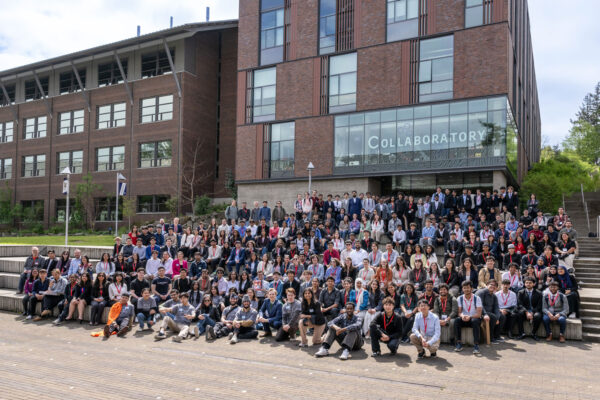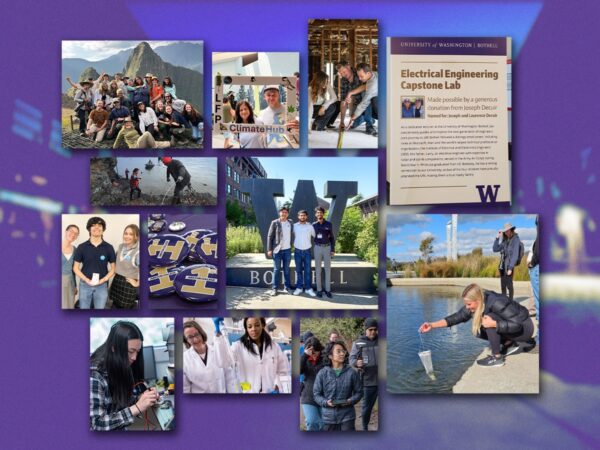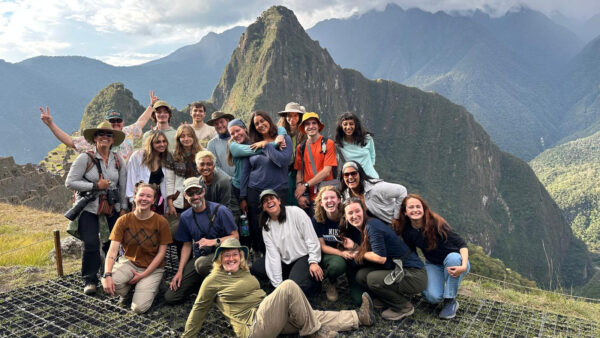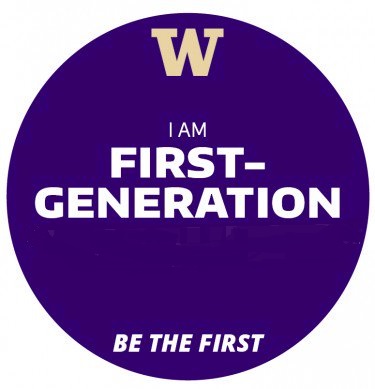
The University of Washington Bothell prides itself on welcoming first-generation students. More than 40 percent of undergraduates would be the first in their families to earn a four-year degree.
These new arrivals are welcomed through the first-generation network, a program supported by UW Bothell Orientation and Transition Programs. Some first-generation students also receive support through the academic transition program.
But there’s another group of first-generation students — those now in graduate-level programs who are the first in their families to earn a bachelor’s degree and are now also first to pursue a postgraduate degree.
Being in graduate school can presents unique challenges, said Jill Rand, a career and internship specialist in the UW Bothell Division of Student Affairs. There’s a greater expectation that students can navigate their own academic and career choices as they become subject-matter experts.
“This can feel overwhelming to anyone, but it’s especially true of first-generation graduate students who don’t have a model in their own family,” Rand said.
First-generation graduate student Jaren Walker, left, graduated from Seattle Pacific University in 2012 with degrees in political science and international economics and now works in the Bothell district office of U.S. Rep. Suzan DelBene. Walker this year enrolled in the intensive, one-year Master of Arts in policy studies program at UW Bothell.
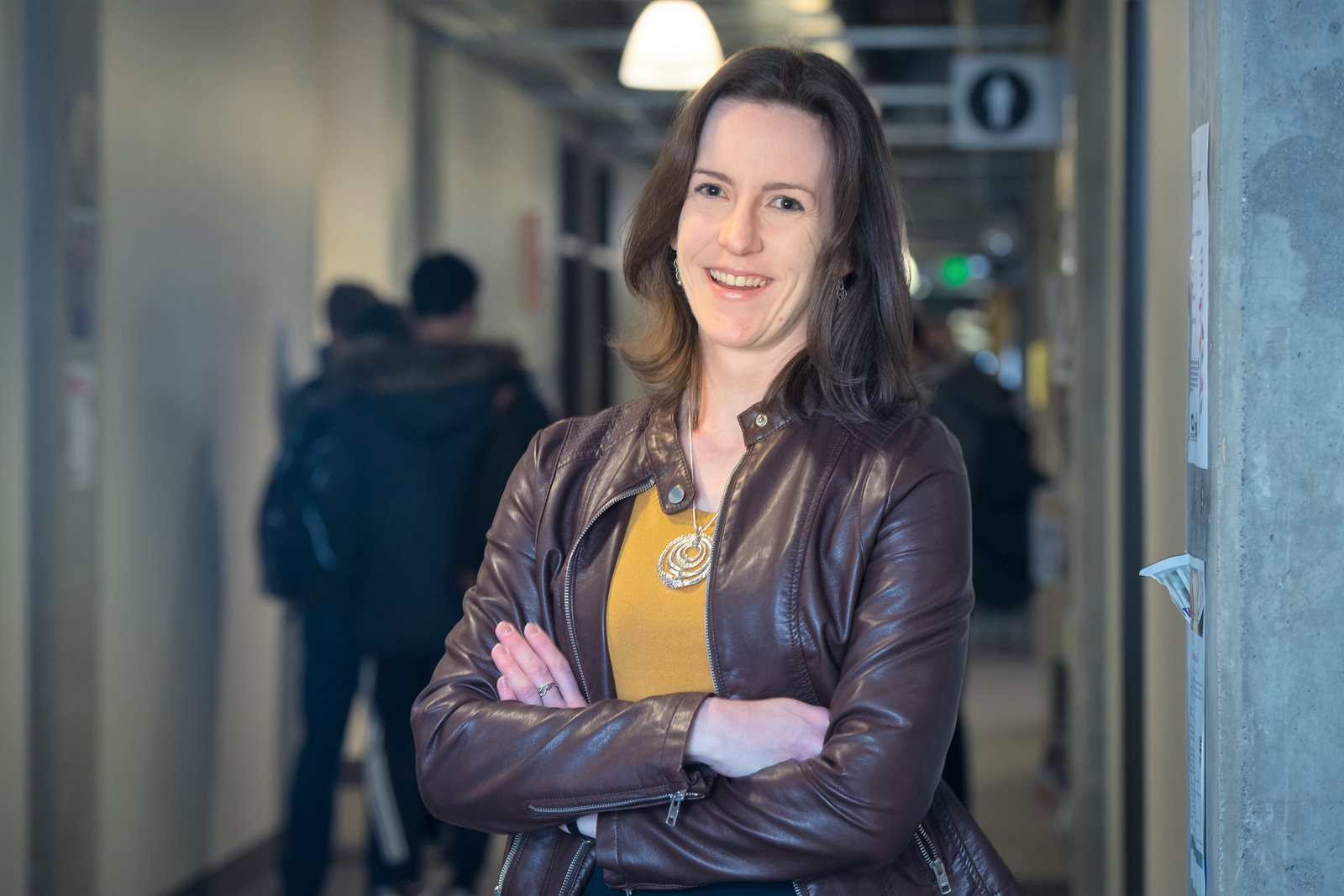
“I can definitely say I found myself in new territory," Walker said. "You’re sort of treading in new water and hoping your past experience will get you through."
Support for first-generation graduate students is available across all three UW campuses through UW Core Programs. It promotes academic, professional and community events or workshops that foster a sense of belonging. First-generation graduate students can find support through advisers, online resources, a student advisory board and a Facebook page. In November, UW also participated in the inaugural National First-Generation College Celebration, organized by the Council for Opportunity in Education.
To expand support for graduate students, UW Bothell's career services office recently launched a series of seminars that focuses on professional development. Topics include advice on networking and using LinkedIn that can be particularly helpful for first-generation graduate students. The first seminar also addressed the “impostor syndrome.”
This syndrome is the irrational belief some students have that they aren’t meant to be in graduate school and that someone is going to find out they’re not qualified, said Rand.
“It’s a feeling of self–doubt that can undermine your academics and your career search,” she said. “It can make things like networking, job applications and interviewing that much more difficult.”
Rand is the facilitator for the campus' graduate-student seminars, the first of which was held in November. The second is set for February, and a third for spring. Kelli Fullan, graduate program assistant, helped develop the content, including a presentation on the impostor syndrome.
For Aaron Parks, left, this presentation was one of the most important parts of the first seminar. “Going to college was a brand-new experience. I had to learn everything,” Parks said. “In a way, I still feel like an outsider. Should I be doing this when it makes me feel so different from my own family?”
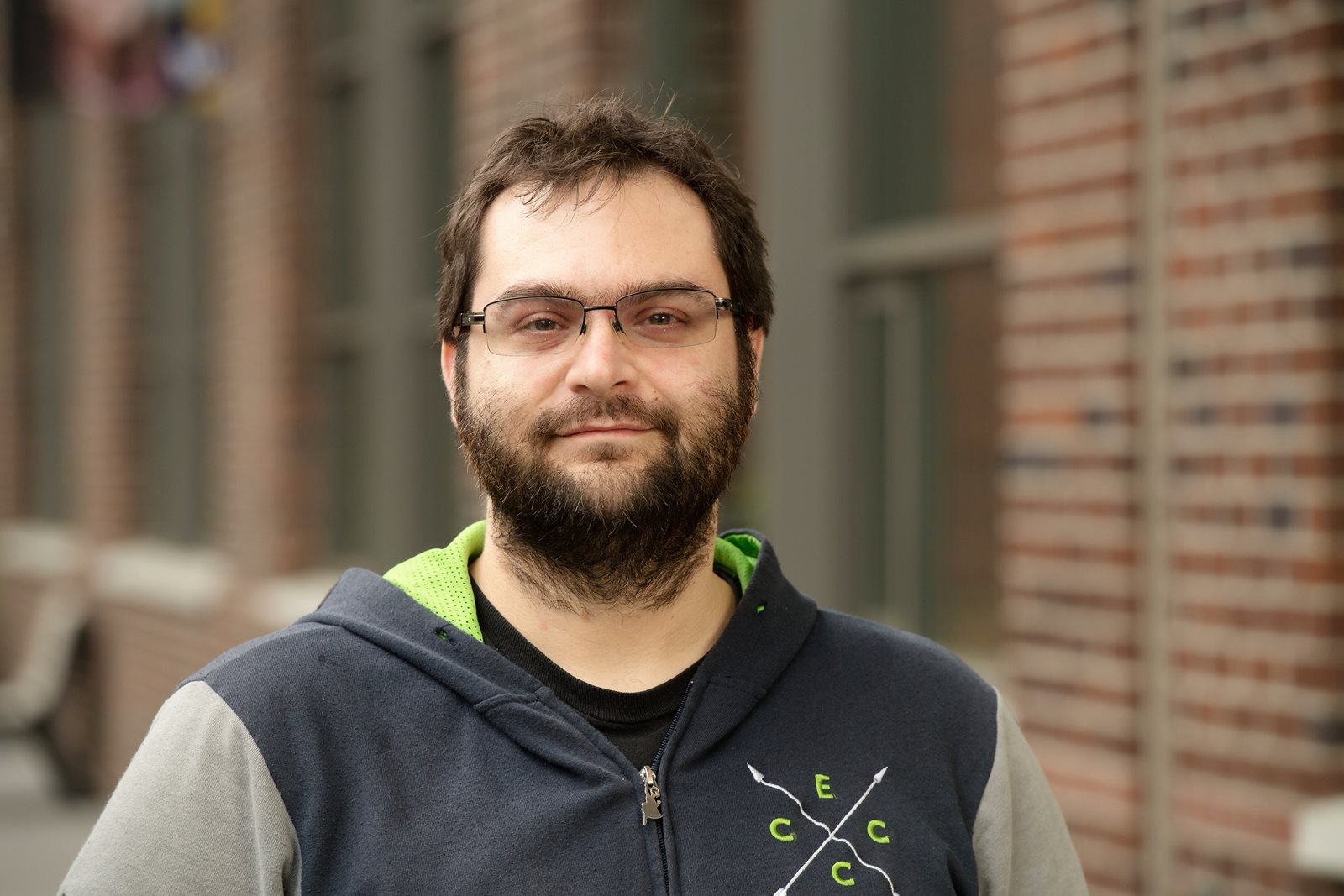
A 2012 graduate in computer science and software engineering, Parks now works as a contractor at Google and is pursuing a Master of Science in cybersecurity.
“It demonstrates to my family and close friends of my family that it doesn’t matter what your background is,” said Parks.
More resources for first-generation students also are available through the diversity center. A few years ago, Jane van Galen, a professor in the School of Educational Studies, hosted a storytelling workshop that highlights stories from first-generation graduate students across all three UW campuses.
(Photos by Marc Studer)
